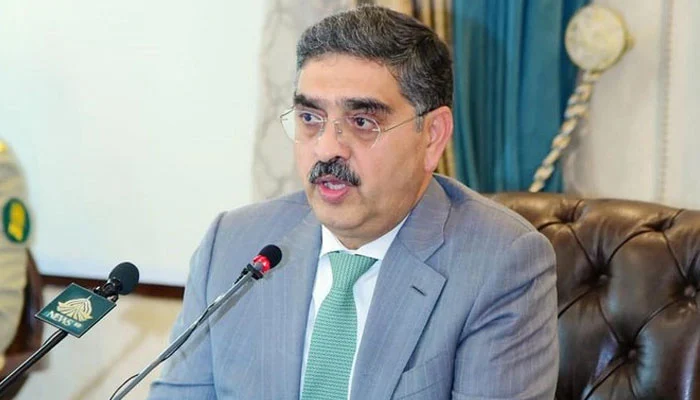King Charles III delivered a historic speech from the throne in Canada’s Parliament on Tuesday, warning that the world is facing unprecedented dangers and highlighting the country’s independence amid growing tensions with the United States. His remarks came as a clear message of solidarity in response to U.S. President Donald Trump’s provocative comments suggesting that Canada should become the 51st U.S. state.
Speaking in French, Charles acknowledged the deep anxiety many Canadians feel about today’s turbulent global climate. “Since the Second World War, our world has never been more dangerous and unstable,” he said. “Canada is facing challenges that, in our lifetimes, are unprecedented.”
The king underscored Canada’s sovereignty, declaring that the “True North is indeed strong and free.” His speech, though written by Canada’s government as per tradition, carried a powerful symbolic weight at a moment of political uncertainty.
Trump, who has pushed the idea of annexing Canada, responded on social media hours later, claiming Canada would save billions by joining his “Golden Dome” missile defense program as a U.S. state. “They are considering the offer!” he posted, despite denials from Canadian officials.
This marked the first time King Charles has opened Canada’s Parliament, a rare move last made by Queen Elizabeth II nearly 70 years ago. His visit served to reinforce Canada’s identity as a fully independent nation with strong ties to both British and French heritage.
Prime Minister Mark Carney invited Charles to deliver the speech in part to draw a clear distinction between Canada’s values and Trump’s rhetoric. Carney, who campaigned on standing up to American pressure, made his first foreign visits to London and Paris, signaling a pivot toward Europe.
The king praised Canada’s bilingual and multicultural identity and emphasized the importance of protecting Quebec’s culture and the French language — key pillars of the country’s national character. He also noted the need to defend Canada’s economic interests, such as safeguarding the dairy supply management system, which Trump has criticized.
In a significant policy note, the king announced that Canada would join Europe’s “REARM” defense procurement plan, signaling a shift away from relying on U.S. military equipment. This move reinforces Canada’s intent to assert itself as a sovereign military power and build new strategic alliances.
The king’s visit, marked by a ceremonial carriage procession, honor guard, and 21-gun salute, drew comparisons to Queen Elizabeth II’s historic visits. Royal historian Justin Vovk likened the moment to the Queen’s 1985 visit to Grenada after the U.S. invaded the Commonwealth island without British consent.
As the monarch of 14 nations, including Canada, Australia, and New Zealand, Charles holds no political power but serves as a constitutional figurehead. His message in Ottawa made clear that Canada’s path will be shaped by its own democratic institutions — not by foreign pressure.



